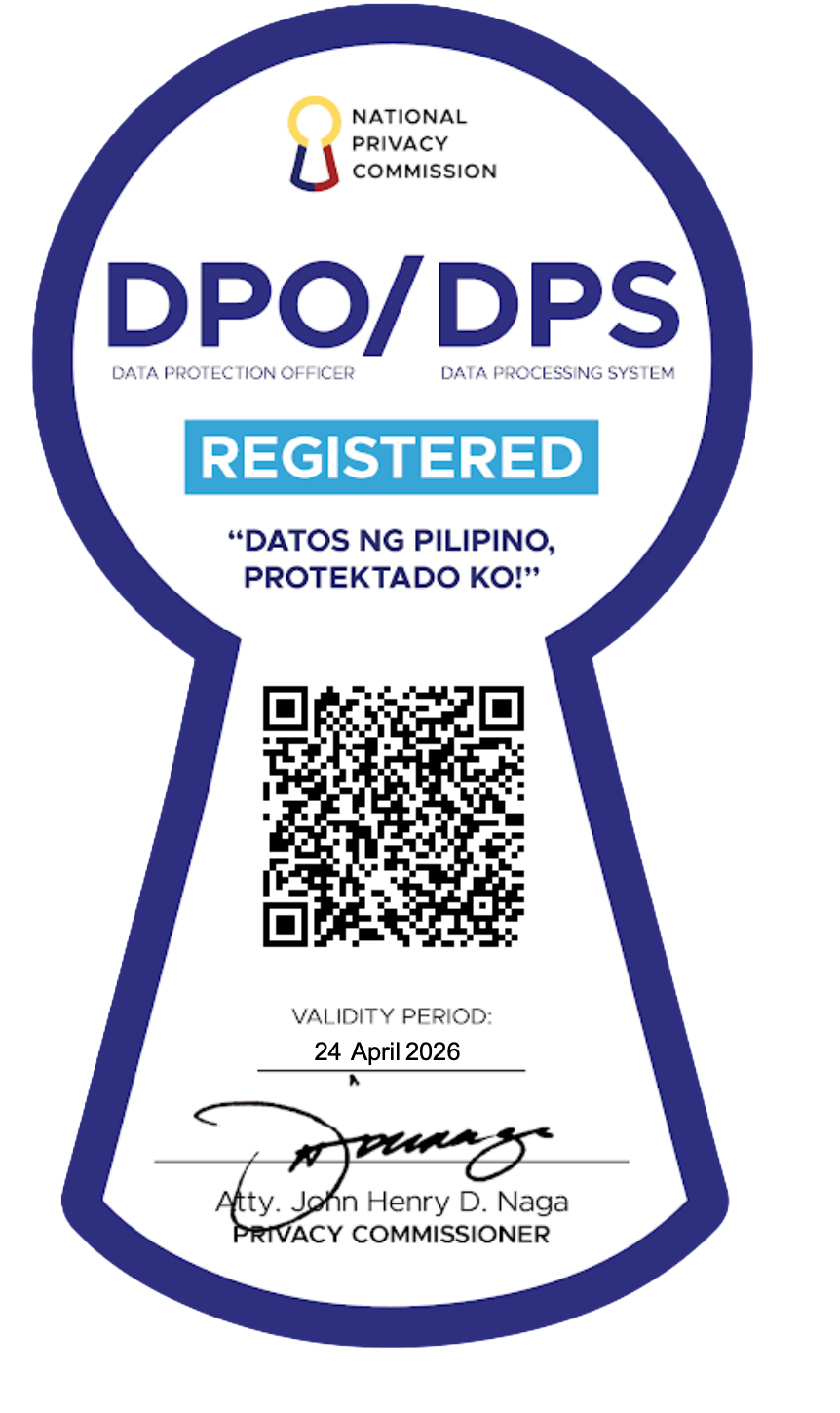Imagine you're meeting an accountant. What do they look like?
Did you picture someone like Neil from the Accounting Department in The Good Place? A bespectacled figure sporting a goofy smile, perpetually clutching a half-filled coffee mug?

Movies and TV shows portray accounting as a dull, uneventful field where nothing exciting ever happens. And yet, the reality of accounting is far more fascinating than these portrayals suggest.
We think it's about time we uncover the truth about this profession. Let's dive right in and debunk 10 common myths surrounding accounting.
1. Accounting is boring.
This stereotype overlooks the dynamic nature of accounting. Accountants engage in problem-solving, strategic planning, and decision-making. They work with various industries, providing diverse and interesting challenges. Modern accounting also leverages technology, making it more innovative and less monotonous.
Remotely Philippines' Senior Director for Operations Ednalyn Atienza-Ortega has this to say: "Accounting isn't boring; it challenges you every time you engage with it, consistently unleashing your creativity and logical thinking."
2. Accounting is just math.
While accounting involves numbers, it’s far more than simple arithmetic.
Accounting requires analytical thinking, attention to detail, and a deep understanding of financial regulations and business operations. Accountants interpret data, provide insights, and support strategic decisions.
"While calculators and spreadsheets assist with calculations, what distinguishes accounting from mathematics is its emphasis on understanding and analyzing financial and operational transactions," Ortega shares. "Accounting definitely goes beyond mere math."
3. Only large businesses need accountants.
Every business, regardless of size, benefits from proper accounting. Small businesses need accurate financial records to manage cash flow, budget effectively, and comply with tax laws. Even freelancers and sole proprietors should keep detailed financial records to ensure long-term success.
Accounting is something everyone can relate to. "In our daily lives, we use it for budgeting, spending, saving, and investing," Ortega explains. "It's just as vital for businesses, whether they're small, medium-sized, or large."
4. You only need accountants during tax season.
While tax preparation is a significant part of accounting, it’s not the only role accountants play. They provide year-round services such as financial planning, auditing, payroll processing, and advising on business strategy. Continuous accounting support ensures businesses stay on track financially.
"[Accountants] oversee financial transactions, guarantee the accuracy of reports, and drive improvements in overall business performance," Ortega shares. "Accountants are integral to every facet of business."
5. Accounting software can replace accountants.
Accounting software automates many tasks, but it doesn’t replace the expertise of an accountant. Software can handle data entry and generate reports, but it cannot interpret data, offer strategic advice, or ensure compliance with complex regulations. Accountants provide the human insight that software lacks.
"While software undoubtedly aids and streamlines [accountants'] tasks, it still requires human expertise and intervention to effectively utilize the reports generated by these tools," Ortega says.
6. All accountants do the same job.
Accounting is a broad field with various specializations. Public accountants, management accountants, auditors, forensic accountants, and tax specialists each have distinct roles and expertise. This diversity allows businesses to find professionals who meet their specific needs.
Here are some of the key types of accountants and the unique responsibilities they each handle.
| Type of Accountant | Role and Responsibilities | Education and Certification Requirements |
|---|---|---|
| Certified Public Accountant (CPA) | Experts in accounting records, taxes, and financial status. Serve as trusted advisors, assisting with financial goals, audits, forensic accounting, and consulting. | Requires a Bachelor's degree and passing the CPA Examination. |
| Forensic Accountant | Investigates financial records for compliance and fraud. Works in investigation or litigation support, often serving as expert witnesses. | Requires a Bachelor's degree and typically a CPA credential. |
| Auditor | Ensures the accuracy of financial statements and records. Conducts annual audits for organizations, providing unbiased analysis and recommendations. | Requires a Bachelor's degree in accounting. |
| Management Accountant | Provides financial health insights for strategic business decisions. Handles planning, budgeting, risk management, and profitability analysis. | Requires a Bachelor's degree and often a Certified Management Accountant (CMA) credential. |
| Cost Accountant | Analyzes and reports on costs associated with a company's supply chain. Helps improve financial efficiency by examining labor, materials, and administrative costs. | Requires a Bachelor's degree and CPA or Certified Cost Accountant (CCA) accreditation. |
| Government Accountant | Manages finances for federal, state, and local government entities. Ensures taxpayer money is wisely spent and helps plan fiscal activities. | Requires a Bachelor's degree and often a Master's degree in accounting or finance. |
| Project Accountant | Oversees financial aspects of specific projects. Manages budgets, invoices, expenses, and deadlines. | Requires a Bachelor's degree and often additional certifications like CPA or CMA. |
| Investment Accountant | Works in finance and investment, managing client portfolios. Ensures compliance with regulations and aids in financial strategy development. | Requires a Bachelor's degree and often a CPA or Personal Financial Specialist (PFS) credential. |
| Staff Accountant | Generalists handling a variety of accounting tasks like financial statements, reconciliations, and payroll. Duties vary by company size, with more supervisory roles in larger companies. | Requires a Bachelor's degree in accounting. |
7. Accountants are financial advisors.
While both accountants and financial advisors deal with finances, their roles are different. Accountants focus on recording and reporting financial transactions, ensuring accuracy and compliance. Financial advisors help clients plan for future financial goals, such as investments and retirement. Both roles are important but distinct.
"Accountants often serve as financial advisors, assisting business owners in investment planning and asset management. However, their role extends beyond advisory functions to include the management and oversight of financial transactions and records."
8. You only need an accountant when you're in financial trouble.
Proactive accounting prevents financial trouble. Regularly consulting with an accountant helps businesses make informed decisions, avoid compliance issues, and optimize their financial health. Waiting until problems arise often makes them more difficult and costly to resolve.
""Prevention is better than cure," a principle that applies even in business. Maintaining meticulous records and engaging an accountant for effective financial management significantly reduces the risk of financial distress and enhances overall business stability."
9. Accounting is all about compliance.
Compliance is crucial, but accounting also involves strategic planning and decision-making. Accountants analyze financial data to provide insights that help businesses grow and improve profitability. They play a key role in developing business strategies and achieving financial goals.
"Accounting goes beyond compliance; it empowers business owners and stakeholders by providing clear insights into business performance, guiding smart decisions."
10. Anyone can be an accountant.
Becoming an accountant requires extensive education, training, and certification. Accountants must understand complex financial systems, regulations, and ethical standards. Professional accountants often hold degrees in accounting or finance and pass rigorous exams to earn certifications like certified public accountant (CPA).
"While we all practice accounting in our daily lives, not anyone can be a professional accountant who can help you understand financial systems, regulations, and standards."
Understanding what accounting actually entails helps clear up these misconceptions and shows why it's crucial for any business.
Good accounting isn't just about numbers; it's about ensuring financial stability and growth. It's a crucial component of any business, regardless of its size. By appreciating the expertise that accountants bring to the table, companies can better leverage these skills for greater success.
For expert accounting support, consider partnering with Remotely Philippines – where skilled accounting and bookkeeping professionals are ready to help your business thrive. Contact us today to learn more.
Sign up for our newsletter
Get regular curated content on management, outsourcing, and everything you need to know to stay ahead of the curve.









